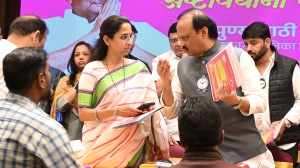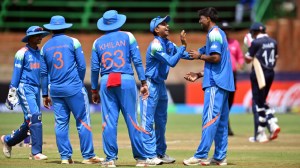Tracking Tehran
Rafsanjani, an Iranian pragmatist, is back in the reckoning. Might that be a cause for hope?

A reminder that Iran is more complex than the hysterical outpourings of its president, Mahmoud Ahmadinejad, came in the unexpected reappearance this week of Ali Akbar Hashemi Rafsanjani. On Tuesday he was elected to head the Assembly of Experts, a grouping of clerics that chooses the supreme religious leader 8212; and by extension, that is also empowered to dismiss him. It is not, just yet, a challenge to the direct authority of Ahmadinejad. The exact powers of the Assembly are disputed, and the supremacy of the supreme leader, Ayatollah Ali Khamenei, is untouched. But coming as his election does at a time when Tehran is more confrontationally positioned against the West 8212; over Iran8217;s nuclear programme and by extension the threat of more acute sanctions and diplomatic isolation 8212; it does offer hope of a less hostile posture by the Iranian establishment.
Rafsanjani, president of Iran from 1989 to 1997, is a man very much of the Iranian establishment, with his network of political contacts and economic interests. He never exhibited the reformist inclinations of his successor, Mohammad Khatami 8212; intentions that were dashed by the clerics. But he was very much a pragmatist, able to read accurately the leeway provided by the clerics as well as the mood of the moment in the bazaar. Iran does not allow for more than two successive terms for its president, so when he did stand for election in 2005, beating the moderate candidate in the run-off, it was Ahmadinejad, a non-cleric footsoldier of the Revolution, who was seen as the outsider.
It is doubtful that even if the moderates do gain greater say in Tehran 8212; and regain the confidence of the supreme leader 8212; there would be any rollback of the official insistence on the nuclear programme. So the sanction regime would still be salient. But Rafsanjani8217;s consolidation in official circles could break the non-communication between Tehran and the West. And given the brewing confrontation, that would make the region less dangerous.
- 01
- 02
- 03
- 04
- 05































